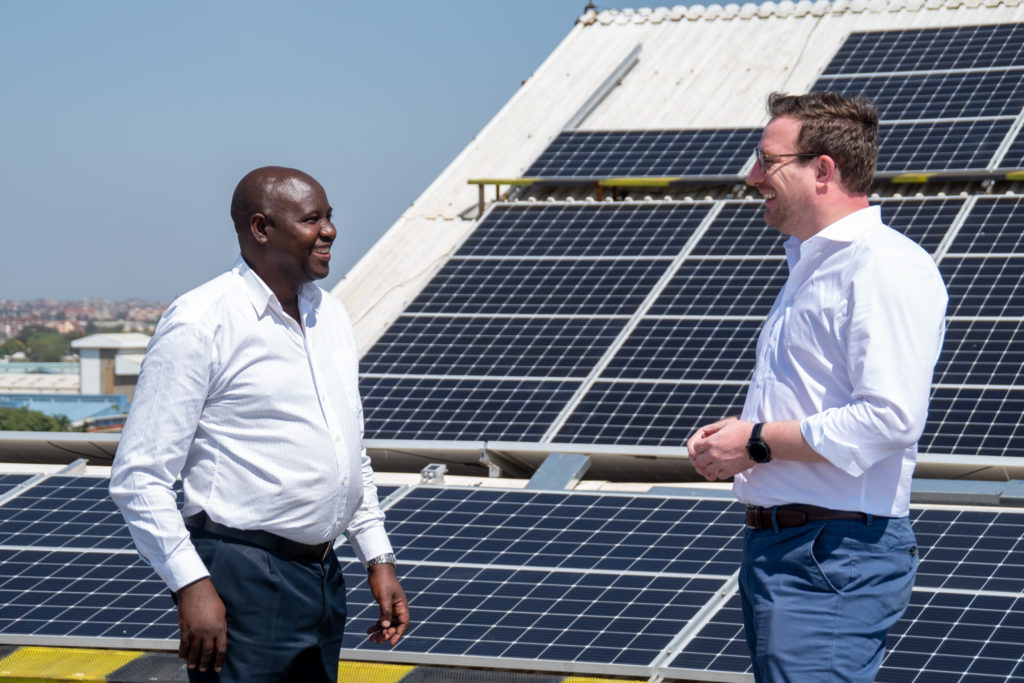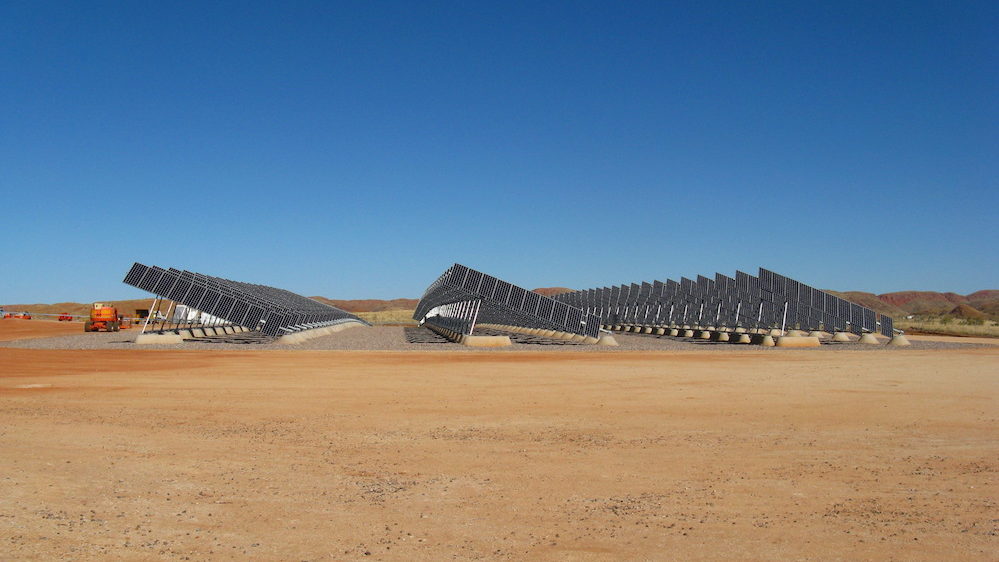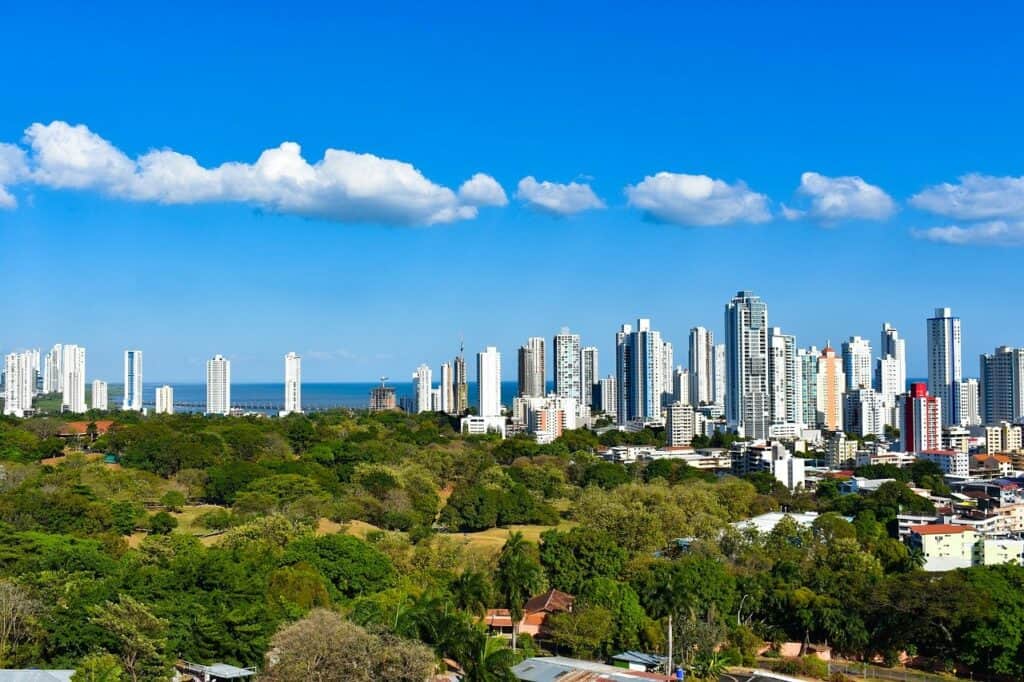We must focus on new markets, not politics

The German solar sector doesn’t have an easy job, at least if you listen to some well-known representatives of it. Dumping prices from China, lacking political protection and the cutbacks on feed in tariffs are the reasons for the downfall of some in the past very successful companies. But are these the real reasons for the downfall?
At the beginning of May 2017, the German Solarworld filed for bankruptcy. The board of directors concluded, that there wasn’t a positive prognosis for the company anymore. There argumentation was mainly based on: Price drops in the international markets. Looking at the global prices of solar modules, this comes as no surprise. Prices have fallen in 2016 alone by approximately 20%. But are falling prices really the reason for some former high-performing companies filing for bankruptcy, where Solarworld is just the latest example of?
Why did none of the failing companies see the signs of the time?
One can argue about whether these signs were recognised or not. Did the company fail due to internal resistance? Maybe it was due to Management, who thought they would continue to be successful if lobbying was done to keep the market (and by this, I mean political support) stable. Or maybe the company, holding onto the days when better market conditions existed, simply continued doing business as usual. The actual speed of production increases outside of Germany could have been a first indicator for Germany companies that they will lose their competitive edge very soon. Economies of scale is the key phrase here – basic knowledge of every undergraduate business student.
From todays perspective it seems obvious, but back then and even today, some companies struggle to find alternatives to their business models. From the module manufacturer to the project developer – or even the operator – is a transition that was impossible for many to even think of. But, there were some companies that understood early that a pure product sale, especially in modules, will result in a price war in the long run. Consequently, some made the transition, and some did not. A successful example is SMA AG, a successful inverter manufacturer, who setup the SMA Sunbelt Energy GmbH as a daughter company to develop projects and perform management of project construction, resulting in a higher number of inverters sold as well as build up of important know-how. Another successful example is D-Hybrid, a company resulting out of the insolvency of the wholesaler Donauer and specialising on hybrid projects. They currently have a solid market position.
How can the solar sector in Germany grow in the future?
One thing is clear: To profit in the solar sector with standard products will not be easier in the future due to the high price pressure coming from Asia. For many companies, the goal must be to reposition. This way, the company can focus on underserved niches or focus on an addition in its value chain from a product manufacturer to a service oriented company. Also, a reorientation to new markets seems logical. There are many regions in which solar energy is a viable alternative to the grid energy even without subsidies. High electrical energy costs and high specific yields per installed kWp are the key to the success of solar PV technology.

Taking advantage of the real boom
It comes as no surprise that the sunbelt region, which is the sunny belt around the equator, is currently experiencing a solar technology gold rush: the conditions are ideal to realise projects without subsidies. Many companies have already entered these emerging markets in regions such as South America, Sub-Sahara Africa or South-East Asia.
To avoid the same fate of German companies active in markets based on a feed-in-tariff, these companies must focus from the beginning. They should focus on parts of the value chain in which know-how and specific knowledge is more valuable then low-cost components.
Their business models must be viable independent of political regulations, to remain intact even after possible changes to the support mechanisms. Finally, focus should be turned away from pure sale of products or construction of systems, to long-term viable business models, such as the operation of systems or the offer of services in this area.
These models will be also influenced by future dumping prices – but positively, rather than negatively!
—
This article was originally posted on energiezukunft.de in German.
Related Posts
With a pioneering project to Côte d’Ivoire
Switching to solar energy is often associated with major hurdles, especially financial ones, for companies in emerging markets. This is also the…


